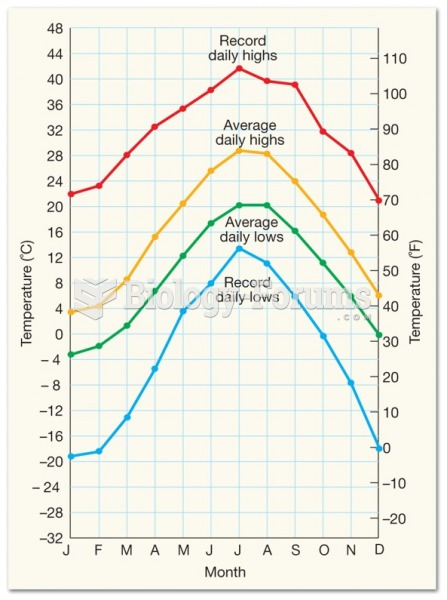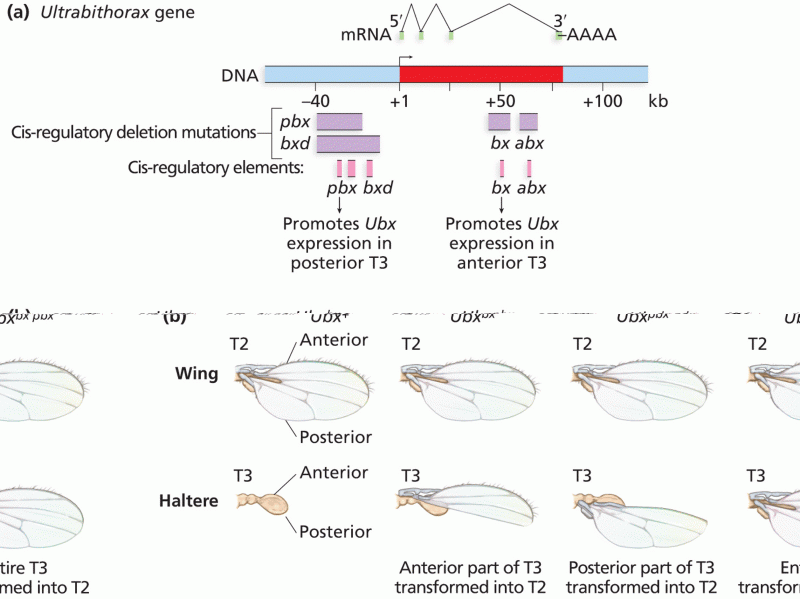This topic contains a solution. Click here to go to the answer
|
|
|
Did you know?
Adolescents often feel clumsy during puberty because during this time of development, their hands and feet grow faster than their arms and legs do. The body is therefore out of proportion. One out of five adolescents actually experiences growing pains during this period.
Did you know?
Approximately 15–25% of recognized pregnancies end in miscarriage. However, many miscarriages often occur before a woman even knows she is pregnant.
Did you know?
By definition, when a medication is administered intravenously, its bioavailability is 100%.
Did you know?
Vaccines prevent between 2.5 and 4 million deaths every year.
Did you know?
People with high total cholesterol have about two times the risk for heart disease as people with ideal levels.







